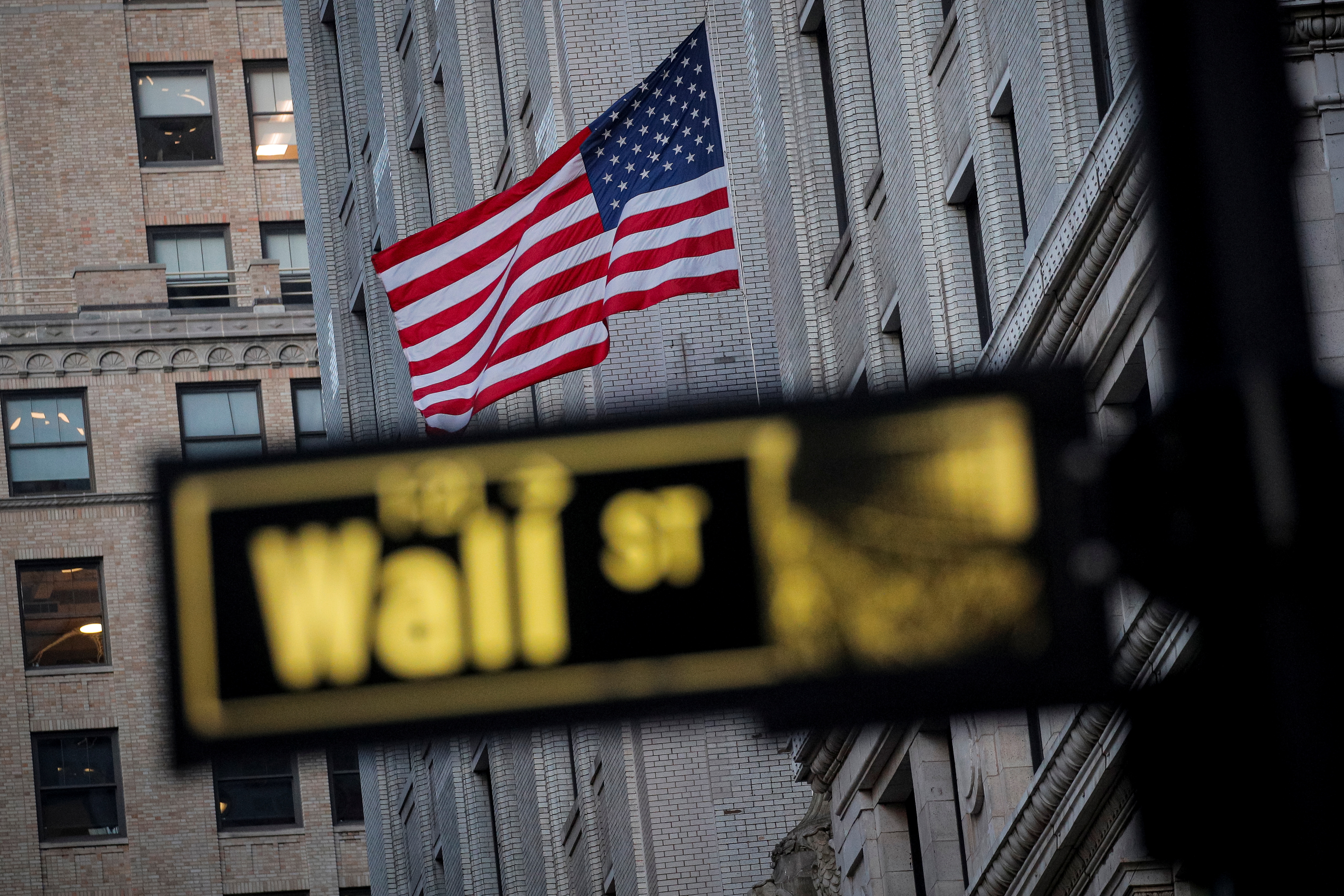US-based long-only funds have unwound more than $6 billion in US-listed China stocks this year amid increasing tensions between Washington and Beijing and a fading Chinese recovery outlook.
According to a Morgan Stanley research report, mutual funds and ETFs domiciled in the United States were among the major sellers, offloading $640 million of Chinese ADRs this month as of May 26. That took the total net selling in 2023 to $6.11 billion.
The Nasdaq Golden Dragon China Index of New York-listed mainland companies, consisting mainly of internet giants such as Alibaba Group, Baidu.com and JD.com, lost 5.6% this month, in sharp contrast to a 7.9% jump in the broader Nasdaq.
Also on AF: US Says ‘Won’t Tolerate’ China’s ‘Coercive’ Micron Chip Ban
The China index, a gauge of Chinese American depositary receipts (ADRs), fell 10% in April. The index has lost about half of its gains from a remarkable rally that began last October, after China eased its harsh ‘zero-Covid’ restrictions.
“It is a matter of economic growth and geopolitics. Investors are adjusting their expectations on China’s cyclical rebound,” Gary Ng, senior economist at Natixis Corporate and Investment Bank, said.
“The ongoing US-China tensions may also spook investors, and the news flow has been negative with tighter restrictions from both sides.”
Recent economic data has also pointed to a faltering recovery in China. Data released over the weekend showed industrial profit in the country had slumped 20.6% in the first four months of the year.
‘China proxies’ better
Investors have also been tense over escalating Sino-US disputes relating to technology and trade.
Last week, Beijing imposed a ban on the sale of some chips by US-based Micron Technology. That prompted a US lawmaker to suggest retaliatory trade curbs on Chinese memory chip maker Changxin Memory Technologies (CXMT).
“The market is diversifying to other options with a better story and lower policy risks in the short run, such as Japan,” Ng said.
The total market value of US-listed Chinese stocks has shrunk by $102 billion since the end of March, according to calculations from Refinitiv data.
Some long-term money and large institutions in the United States are still in the process of lowering exposure to China, Kevin Liu, managing director and strategist at CICC Research, said in a note last week.
US investors would rather buy “China proxies”, such as French luxury brands or other emerging market stocks benefitting from China’s reopening, than directly trade China equities, he said.
US hedge funds with a mixture of long and short positions kept their exposure to China ADRs largely unchanged in May, but short interest is rising, Morgan Stanley said.
- Reuters, with additional editing by Vishakha Saxena
Also read:
Warren Buffett Says He Prefers Investing in Japan to Taiwan
Risk Warnings as China Money Floods Into Japan-Focused Funds
China’s Anti-Espionage Law Adds to Foreign Business Concerns
China’s First US-Style IPO Shares Soar in Market Defying Debuts
Record Inflows to Emerging Market Funds After China Reopening
























